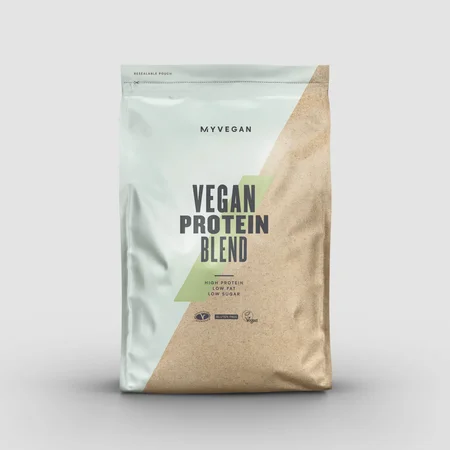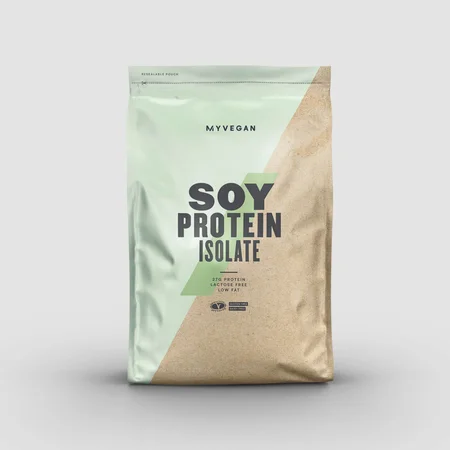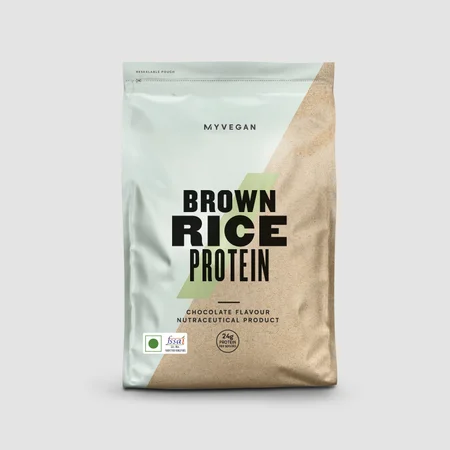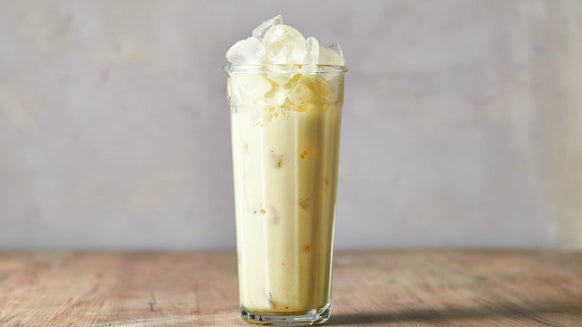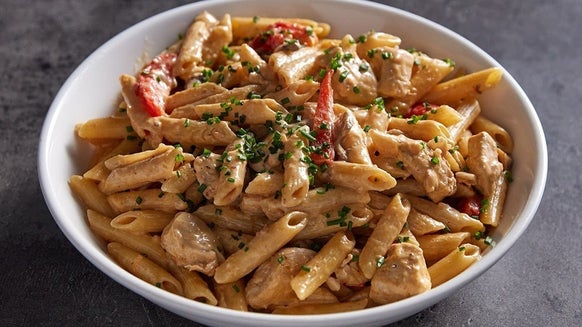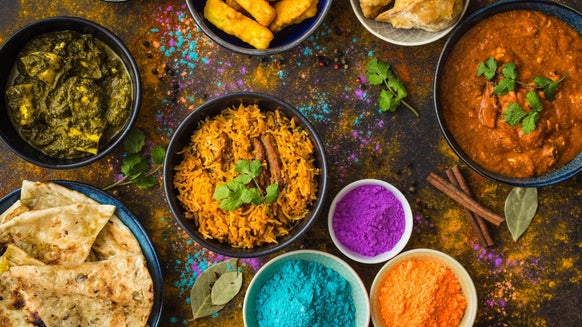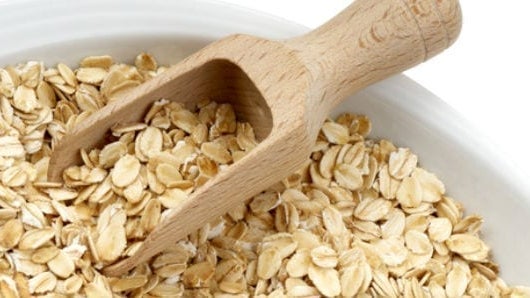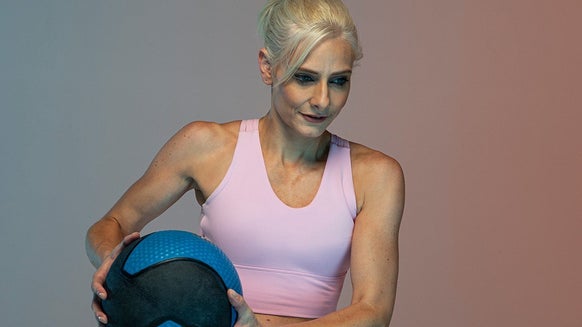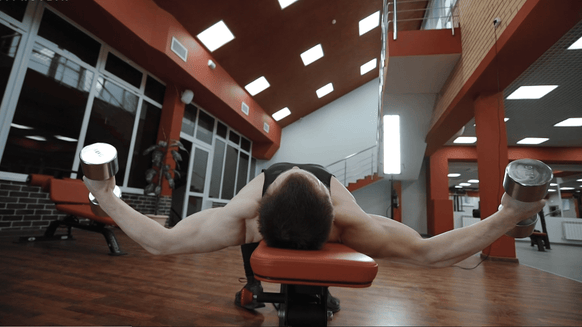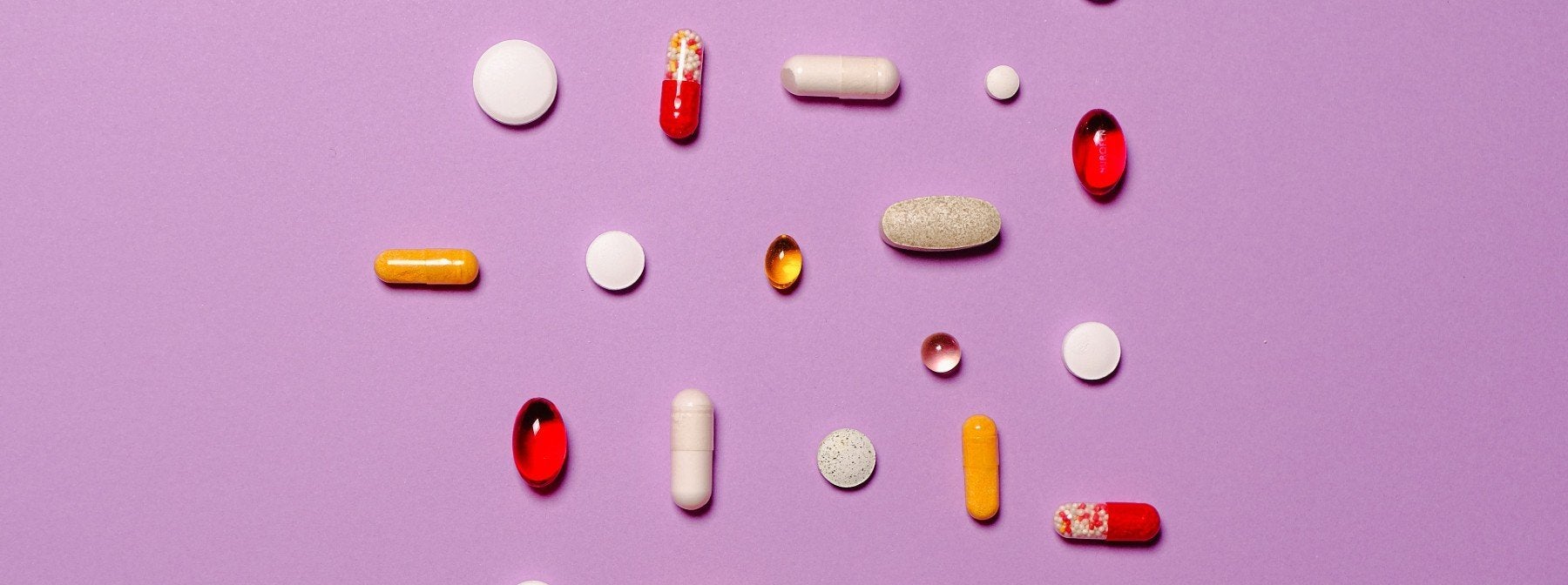
People choose to follow vegan diets for many different reasons — health, the environment, ethical concerns and religion may all play a part in someone’s choice to avoid animal-based food products. But while plant-based diets can be packed with plenty of fresh, healthy foods, they can still fall short in some areas of nutrition.
If you follow a plant-based diet and are concerned about it not meeting all your vitamin and mineral needs, this guide should help to make sure you have all the bases covered or identify areas where supplementation may be useful.
8 Vitamins Vegans Should Consider Taking
While you can eat a perfectly well-balanced vegan diet that contains all the necessary vitamins and minerals, it can sometimes be difficult getting some vitamins and minerals more easily found in animal-based foods.
If you think you may be deficient in any of the specific nutrients listed in this guide, consider talking to a healthcare professional about supplementing to meet your needs.
Vitamin B12
Vitamin B12 deficiency is common in many people as they get older. It’s also common in people following vegan or plant-based diets, as few foods available to them naturally contain it.
Vitamin B12 plays an important role in cell metabolism, especially DNA synthesis.1
Nori, a dried seaweed often used in sushi, is a good vegan source of B12.2 Some types of mushrooms also contain B12, but you would need to eat a vast quantity of them to be considered an adequate plant-based source.
Because of vitamin B12’s rarity in non-animal sources, some breakfast cereals are fortified with it to help boost people’s intake.
Iron
Liver, red meat, fortified breakfast cereals and beans, such as red kidney beans, edamame beans and chickpeas, are all good sources of iron.
However, the plant-based form of iron (non-heme iron) is less bioavailable than the iron found in meat (heme iron). If you’re struggling with symptoms like tiredness and lack of energy, it might be worth getting your iron levels checked and considering an iron supplement.
Vitamin A
Vitamin A is present in large amounts in animal products like liver, oily fish, eggs, and milk. Foods high in beta-carotene are also good sources of vitamin A in the diet. This can be found in colourful fruits and vegetables, like carrots and red and orange peppers.
Vitamin A is also commonly added to foods through fortification to support intake among the population.
Vitamin C
Vitamin C is an antioxidant found in many fruits and vegetables, especially citrus fruits. In addition to supporting our immune systems, vitamin C also helps with the absorption of iron.
Vitamin D
Vitamin D is found in food sources such as oily fish, red meat, liver and eggs. It’s not naturally present in many plant-based foods, but some foods, like breakfast cereals, are fortified with it.
Vitamin D is key for bone health, as it helps the body to absorb calcium. While we can get vitamin D from sunlight, during autumn and winter months, it may be worth taking a daily supplement. Too much sun exposure is also bad for long-term skin health.
Zinc
Zinc is a mineral involved in many daily biological functions. The best food sources of zinc are meat and shellfish, but some breakfast cereals are fortified with it.
Copper
While offal and shellfish are some of the best sources of copper, there are plenty of vegan-friendly options. Cashew nuts, sesame seeds, dark chocolate and soy all contain copper.
Omega-3
You’ve likely heard of fish oil supplements — many people take them thanks to their high concentration of omega-3 fatty acids.3 Oily fish like sardines, salmon, and herring are packed with these heart-healthy fats.
However, omega-3 fatty acids can also be found in smaller amounts in plant foods. Flaxseed, chia seeds, and walnuts are all good options for vegans and people on plant-based diets.
Take home message
Vegan diets can be packed with plenty of nutrients, but it’s possible to fall short in certain areas without proper meal planning and consistency.
But while there are often plenty of non-animal sources of vitamins and minerals available to people on vegan and plant-based diets, in some instances it may be more convenient to take a multivitamin supplement.
READ THESE NEXT:
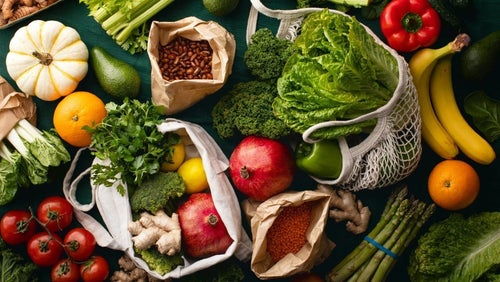
14 Meals For Success In Veganuary
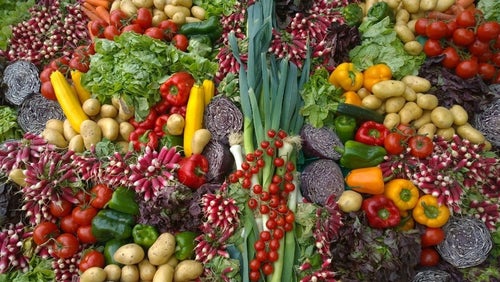
16-Week Vegan Diet Transformation | Zak's Journey
When it comes to health and fitness – we’re all about putting things to the test...
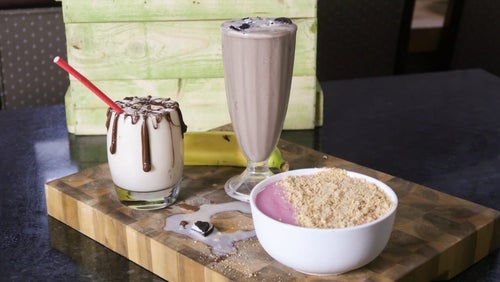
3 Pea Protein Recipes | Vegan Protein Shakes

- Green, R., Allen, L. H., Bjørke-Monsen, A. L., Brito, A., Guéant, J. L., Miller, J. W., … & Yajnik, C. (2017). Vitamin B12 deficiency. Nature reviews Disease primers, 3(1), 1-20.
- Watanabe, F., Yabuta, Y., Bito, T., & Teng, F. (2014). Vitamin B12-containing plant food sources for vegetarians. Nutrients, 6(5), 1861-1873.
- Hunt, J. R. (2002). Moving toward a plant-based diet: are iron and zinc at risk?. Nutrition reviews, 60(5), 127-134.
- Ruxton, C., Reed, S., Simpson, M., & Millington, K. (2007). The health benefits of omega-3 polyunsaturated fatty acids: a review of the evidence. Journal of human nutrition and dietetics: the official journal of the British Dietetic Association, 20(3), 275-285.
